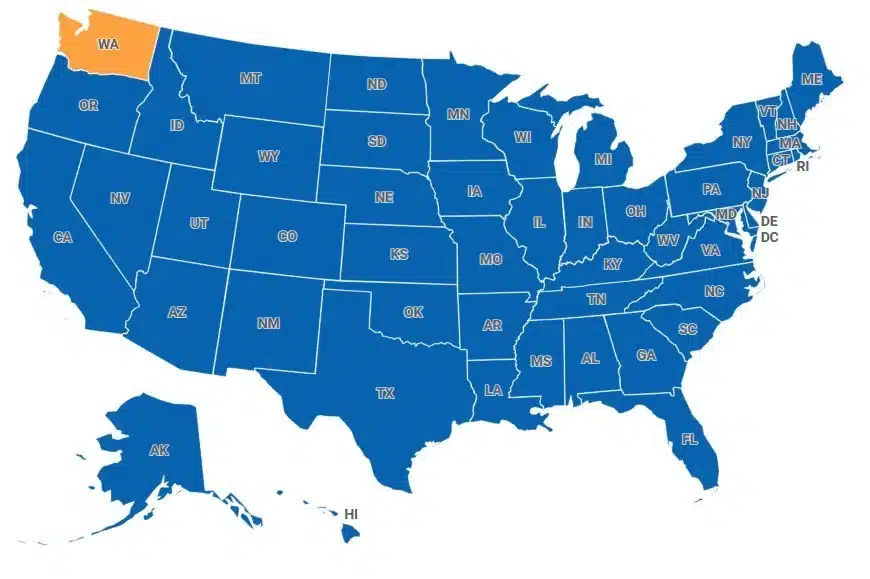A Practical Guide to Vehicle Transportation in Washington State

 Transporting a vehicle can be a complex process, especially in a state as diverse and dynamic as Washington. Whether you’re moving across cities, purchasing a car from out of state, or shipping a vehicle overseas, understanding the logistics can save you time, money, and stress. This guide provides essential insights to make your vehicle transportation experience smooth and hassle-free.
Transporting a vehicle can be a complex process, especially in a state as diverse and dynamic as Washington. Whether you’re moving across cities, purchasing a car from out of state, or shipping a vehicle overseas, understanding the logistics can save you time, money, and stress. This guide provides essential insights to make your vehicle transportation experience smooth and hassle-free.
Choosing the Right Transportation Method
When transporting a vehicle, the first step is selecting the most suitable method based on your needs, budget, and timeframe. Here are the primary options:
- Open-Air Transport
This is the most common and affordable method for shipping vehicles. Your car is loaded onto an open trailer, similar to those used by dealerships. While cost-effective, it exposes your vehicle to weather and road debris.
- Enclosed Transport
For high-value or classic cars, enclosed transport offers superior protection from the elements. Although pricier than open-air transport, it ensures your vehicle arrives in pristine condition.
- Drive-Away Services
If you prefer someone to drive your car to the destination, drive-away services are an option. This method works best for short distances but may not be ideal for long hauls due to added mileage and wear.
- DIY Towing
If you have a trailer and the necessary equipment, towing your car yourself is an option. However, this requires time, effort, and familiarity with towing regulations in Washington State.
When planning your move or shipment, understanding the details of Washington vehicle transportation will help you navigate the process with ease and confidence.
Understanding Washington’s Vehicle Transport Regulations
Washington has specific rules governing vehicle transportation. Familiarizing yourself with these regulations can prevent legal and logistical hiccups.
Vehicle Registration and Licensing
If you’re relocating to Washington, your vehicle must be registered with the state within 30 days of establishing residency. Ensure your license plates and registration are up to date before transporting.
Insurance Requirements
Washington requires all vehicles to have valid insurance coverage during transport. Check with your provider to confirm your policy covers the shipping process or purchase additional coverage from the transport company.
Oversized Vehicle Permits
For transporting large or modified vehicles, such as RVs or lifted trucks, you may need an oversized vehicle permit. Contact the Washington State Department of Transportation (WSDOT) for specifics.
Preparing Your Vehicle for Transport
Before shipping your vehicle, it’s crucial to prepare it for the journey. Proper preparation minimizes risks and ensures a smooth experience.
Perform a Thorough Inspection
Document your vehicle’s condition with photos and notes, focusing on existing scratches, dents, and mechanical issues. This record serves as evidence should any damage occur during transport.
Remove Personal Items
Transport companies typically prohibit personal belongings in the vehicle due to weight restrictions and liability concerns. Clear out valuables, electronics, and paperwork.
Check Fluids and Battery
Ensure your car’s fluids are topped up, and the battery is fully charged. Address any leaks or mechanical issues to prevent complications during shipping.
Reduce Fuel Levels
Leave only about a quarter tank of fuel in the vehicle to reduce weight and fire hazards during transport.
Choosing a Reliable Vehicle Transport Company
Selecting a reputable transport company is vital to ensure your vehicle’s safety and timely delivery. Here are some tips to find the right provider:
- Research Online Reviews: Look for customer feedback on platforms like Google, Yelp, and the Better Business Bureau.
- Verify Credentials: Ensure the company is licensed and insured. Legitimate transporters should provide their USDOT number for verification.
- Compare Quotes: Obtain multiple quotes to compare pricing, services, and delivery times. Be cautious of deals that seem too good to be true.
- Understand the Contract: Read the agreement carefully, paying attention to terms, cancellation policies, and liability coverage.
Costs and Timeline for Vehicle Transport
The cost of transporting a vehicle in Washington varies based on distance, vehicle type, and chosen method. Open-air transport within the state typically costs between $500 and $1,000, while enclosed transport may range from $1,200 to $2,000. The timeline can be anywhere from 3 to 10 days, depending on factors like weather and route.
Conclusion
Transporting a vehicle in Washington State doesn’t have to be overwhelming. By understanding your options, complying with local regulations, and working with a trusted transport company, you can ensure a seamless process. With proper preparation and planning, your vehicle will arrive safely at its destination, leaving you free to enjoy the Evergreen State.









